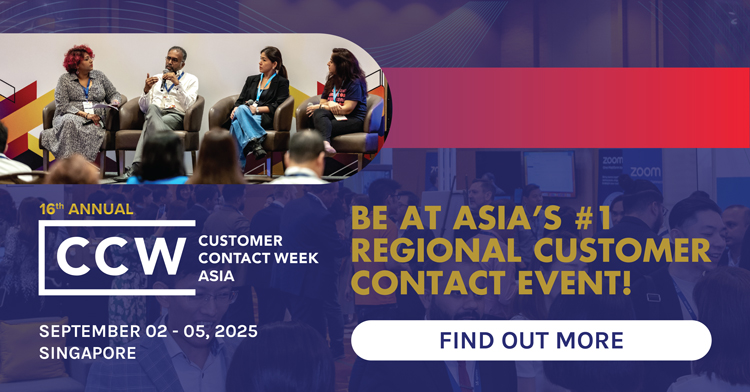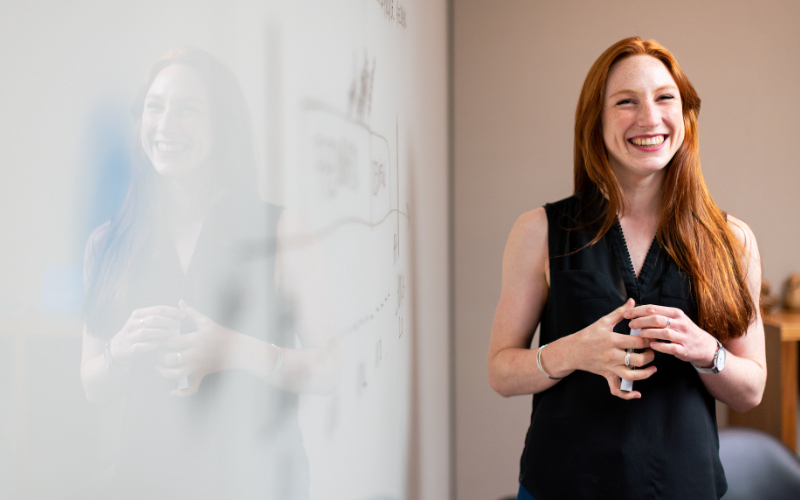The impact of COVID has made most organisations re-evaluate how they manage their employees. In response to lock down restrictions and the need to keep people safe companies had to move quickly, which meant mistakes were made but many positive lessons for the future were also learnt. The most important is likely to be the need to recognise employees as individuals by offering flexible working arrangements.
In the last 12 months workplaces across Australia and the world have been compelled en masse to adopt remote working. Almost overnight, to enable their workforces to work remotely, organisations had to upgrade their digital infrastructure to provide people with the tools to do their job effectively. Employees and workforces that were unable to work remotely still needed to institute new processes and ways of working to limit the spread of the virus.
Customer experience vs employee experience
As a period of crisis where people felt high levels of anxiety, concern and disempowerment, this reinforced, for many companies, the need to recognise and support the individual needs and circumstances of employees. Lisa Dowie, chief customer officer at PEXA, comments, “The pandemic reinforced our recognition of the individual differences that all of our employees have. Just like we segment our customers to understand their needs and attitudes, we need to understand the needs and attitudes of our employees. So, we can address their needs and try to remove their pain points.”
Employee experience is inexorably connected to the customer experience. Employees represent the brand and the culture the brand embodies. How well businesses coped and survived during the pandemic was very reliant on how well they managed their staff and the employee experience. Dowie says, “Particularly in a time of crises, like what we’ve seen in the last twelve months, it was the employees that kept all businesses across the world operating and providing customers with the support and experiences they expect”.
Be flexible
Offering people flexibility, where they can better balance the demands of their job with the demands of their life, has been critical during Covid and is likely to remain important in the future. This doesn’t mean allowing everyone to work remotely from home, permanently. In fact, research from the NAB bank indicates relatively few Australians want to work remotely on a permanent basis. But they do want their employers to be flexible.

Dowie reflects, “For me and everyone at PEXA, the pandemic has really reinforced the notion that work is not a place to go to as much as it’s about what you do and who you are. As an organisation COVID has demonstrated the importance of having a really clear purpose and set of values. In a crisis those values become the guiding principles that everybody looks to”.
She elaborates, “Employee experience is about enabling people to bring their best selves to work and allowing them to do what works best for them. They are the ones who know best about how they operate and what is the optimum environment for them. For many people that is from home but we know there is also many people who crave that connection with others in the workplace. There is real value in having people together in building our culture and to allow people to collaborate, share ideas, being able to act quickly as well as having fun and making that social connection”.
Offering flexible working arrangements also has benefits for the organisations. Ayelet Mendel-Girin, general head of customer experience the Humm Group, highlights, “Flexibility is a key opportunity for companies to acquire and retain best talent because people really want to have that flexibility. Organisations need to structure things that allow flexibility yet at the same time track productivity and efficiency”.

The ability to offer more flexible work arrangements may require greater trust between the organisation and its employees to be established. Ian Stokol, CX program lead, City of Stonnington, comments, “At my previous job, as the pandemic dragged on and we entered deeper stages of lockdown, management wanted evidence that people were actually working when they were at home. There was a significant issue around trust and checking up on employees.”
“Too many Zoom meetings later, people were fatigued and burning out. Fortunately, managers started to understand that work was getting done anyway and relaxed the need for visibility and the associated pressure. Eventually, most teams found a cadence of working with flexibility, consideration for each other and clear communication.”
Employee feedback
To truly understand and treat employees as individuals you need to encourage and listen to their feedback. Regular communication and listening to employees about their concerns and requirements during the pandemic, was key for organisations to ensure staff felt safe and supported. Stockol comments, “The City of Stonnington has an extensive VoE (Voice of Employee) program in place to better understand what employees enjoy about working for the City of Stonnington and where improvements can be made to ensure it’s a great place to work”.
Being able to listen to and deliver what your employees want is a key advantage in ensuring they feel safe and supported. This in turn fosters greater employee loyalty, commitment and engagement. Longer-term, employee expectations have been changed forever by the pandemic, requiring a shift in the way businesses have traditionally managed employee experience.
Most Australian employees expect things to improve in their workplaces as a direct result of changes being made by employers and their response to the COVID-19 pandemic. They expect to see more flexible work schedules, greater focus on hygiene, for employers to take greater notice of employee feedback as well as being treated and respected as individuals.
On 23rd February CXFocus held a webinar Why you need to focus on the Employee Experience (EX) post pandemic. The experts quoted in this article presented at the event. Please visit to view a replay of the webinar.

